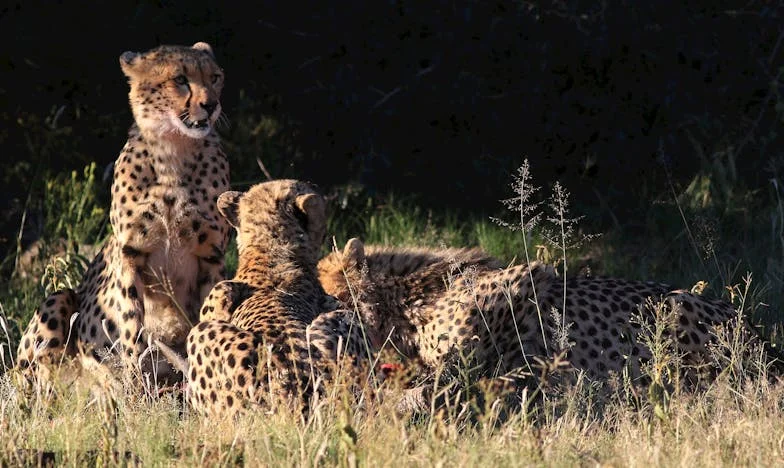Adoption That Broke Us: The Truth We Feared to Face
“You can’t just take her back! She’s our daughter now!” My voice was raw, echoing against the kitchen walls, trembling as I gripped the countertop, knuckles white. My sister, Megan, stood in the doorway, tears streaking her face, shaking her head, a letter clenched in her fist.
Three months ago, I thought I knew what love looked like. It was laughter around the dinner table, dog-eared storybooks, the safe, soft weight of a child in my arms. My husband, David, and I had faced more failed pregnancies than I could count, each one another hole in my heart. We kept hoping, kept trying, but our house remained painfully quiet. That’s when we started talking about adoption. It felt like fate when Lily’s caseworker called us. “She needs a home,” she said. “She needs you.”
Lily was beautiful, with wild brown curls and the biggest hazel eyes I’ve ever seen. The first time she hugged me, I cried so hard I thought I’d never stop. David called her his miracle. My parents spoiled her rotten. Megan, always the doting aunt, brought over pink cupcakes and stuffed animals, her own heartbreak tucked away behind a smile. I thought we were healing together, building something whole from our broken pieces.
But that letter in Megan’s hand—crumpled, tear-stained—changed everything.
It started as a quiet Sunday, sunlight spilling through lace curtains, Lily building a tower of blocks on the rug. Megan showed up unannounced, her eyes rimmed red. She handed me the letter without a word. It was from Lily’s birth mother—a woman I’d never met. She wrote about regret, second chances. She wanted to see her daughter, maybe even get her back.
I read it three times before the words made sense. My stomach twisted. I could barely look at Lily, so small and trusting, humming softly to her blocks. My heart screamed no, but fear crept in anyway. What if we lost her? Was loving her enough to make her ours forever?
David tried to soothe me. “The adoption is final. Legally, she’s our daughter. No one can take her away.”
But Megan was different. She sat with me late at night, her voice barely above a whisper. “What if Lily wants to know? What if she grows up angry?” I snapped at her, accused her of being jealous, of wanting to take Lily’s place in my life. The words hung in the air, unspoken apologies burning between us.
Weeks passed. The letter became a wedge. My parents called every day, worried about us, about Lily. I snapped at David over nothing—dishes, laundry, the way he folded Lily’s pajamas. He retreated, silent, sleeping on the couch more often than not. Even Lily sensed it, clinging to me, her laughter fading. Sometimes, in the quiet, I caught her staring at her reflection in the glass door, as if searching for someone else.
Megan stopped coming over. I missed her, but my pride wouldn’t let me call. Instead, I drowned in guilt and fear. I started reading books about adoption, about identity, about how secrets can poison a family. I saw myself in every cautionary tale. Was I doing the right thing by keeping Lily’s birth mother away? Or was I just afraid?
One rainy evening, David came home late, water dripping from his coat. He tossed a stack of mail onto the table. “We need to talk,” he said, voice heavy. He’d spoken to our lawyer. Legally, we could refuse contact. But ethically? Emotionally? He wasn’t so sure anymore.
“I can’t lose her, David,” I whispered, tears spilling down my cheeks. “I can’t go through that pain again.”
He pressed his forehead to mine. “But what if loving her means letting her choose?”
The next day, Megan showed up. She didn’t say anything—just hugged me until we both sobbed. “I’m sorry,” she said. “I just want you to be happy. I want Lily to be happy.”
We sat at the kitchen table, the three of us—Megan, David, and me—talking until midnight. We argued, debated, cried. But in the end, we agreed: Lily deserved the truth, even if it meant risking everything. I wrote back to her birth mother, setting boundaries, asking for patience, but opening the door just a crack.
The first meeting was awkward, painful. Lily hid behind me, eyes wide. Her birth mother—a stranger with my daughter’s freckles—cried quietly, hands trembling. We talked about Lily’s favorite foods, her love for dinosaurs, her fear of thunderstorms. It wasn’t perfect. It wasn’t easy. But it was honest.
Over time, things got better. Megan and I rebuilt our bond, stronger for the cracks. David and I learned to talk without shouting, to listen without fear. Lily grew braver, more curious. Sometimes she’d ask about her birth mother, and I’d answer honestly, no more secrets between us.
Our family doesn’t look the way I dreamed it would. It’s messier, louder, full of questions. But it’s real. And that’s enough.
Some nights, I watch Lily sleep, her small hand curled in mine, and wonder: Did we do the right thing? Is loving someone enough? Or does real love mean letting the truth in, no matter how much it hurts?
What would you do if the happiness you fought for meant facing a truth you never wanted to know?
